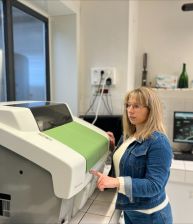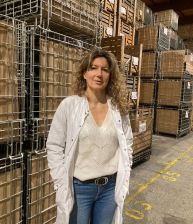TALKING HEADS

AURELIE BREME
Further to a 2-year university course in bio-technology specialising in agrifood and quality, I enrolled on a vocational degree in transformation and technology transfer in agri-resources in Reims. This was a 2-year course including a placement at CESI.

FLORENCE BARRICAULT
I took a general course in agrifoods, and then a masters in sensory engineering at Agro Sup Dijon. I continued to specialise, adding a further qualification in QHSE management, then later, a wine diploma (DUAD).
Why is the work you do so crucial to our business?
Florence Barricault: We oversee product quality and ensure compliance with the required processes in order to meet customer demands.
Aurélie Brême: By adhering to strict quality guidelines, we can introduce our wines to new markets.
To what extent do you think QHSE-related professions form the foundations of Corporate Social Responsibility (CSR)?
Aurélie: For me, CSR follows naturally from QHSE. For years now we have been calculating and monitoring the waste we generate and resources we consume, while remaining mindful of sourcing locally. Laurent Fédou was very focused on this. At the end of the day, it is about best practice and common sense.
Florence: Like QHSE, CSR is a discipline spanning many areas, involving common, interlinking indicators. It is therefore important to work with suppliers, customers and partners within a local environment backed by a panel of stakeholders.
Since 1982, according to INSEE, eight out of ten workers, including forklift and lorry drivers and agricultural workers, are men. Have you noticed more women starting to take up jobs on production sites?
Aurélie: While this remains a male-dominated sector, we have seen an increased female presence in the last five years. There are currently six women working in production in a wide variety of roles, from production line manager to packaging to forklift driver. We are also fortunate to have Cynthia and Isabelle managing the barrel hall.
Florence: Some technical roles remain predominantly male, mainly because of the demanding or repetitive nature of the work. In Bordeaux we have invested to improve conditions for women, such as robotic bottle packaging and depalletisers. In some production roles, we have seen almost as many women as men. We currently employ a young lady under 25 in the maintenance department. Lea was taken on further to a professional contract. However male/female parity remains quite rare in these roles.
What advice would you give to someone wanting to follow in your footsteps?
Florence: It is important to know how to adapt to different situations, to be agile. The day can very quickly take a dramatic turn, and as part of the unannounced IFS audit, an auditor can visit at any point in a given year. You need to be quite meticulous
Aurélie: Added to which the ability to introduce new rules and getting employees on board. We place great emphasis on using a wide range of communication channels, to encourage and raise awareness. And in fact, you need to be quite creative.
Aurelie and Florence in a nutshell: diplomacy, perseverance and learning.

